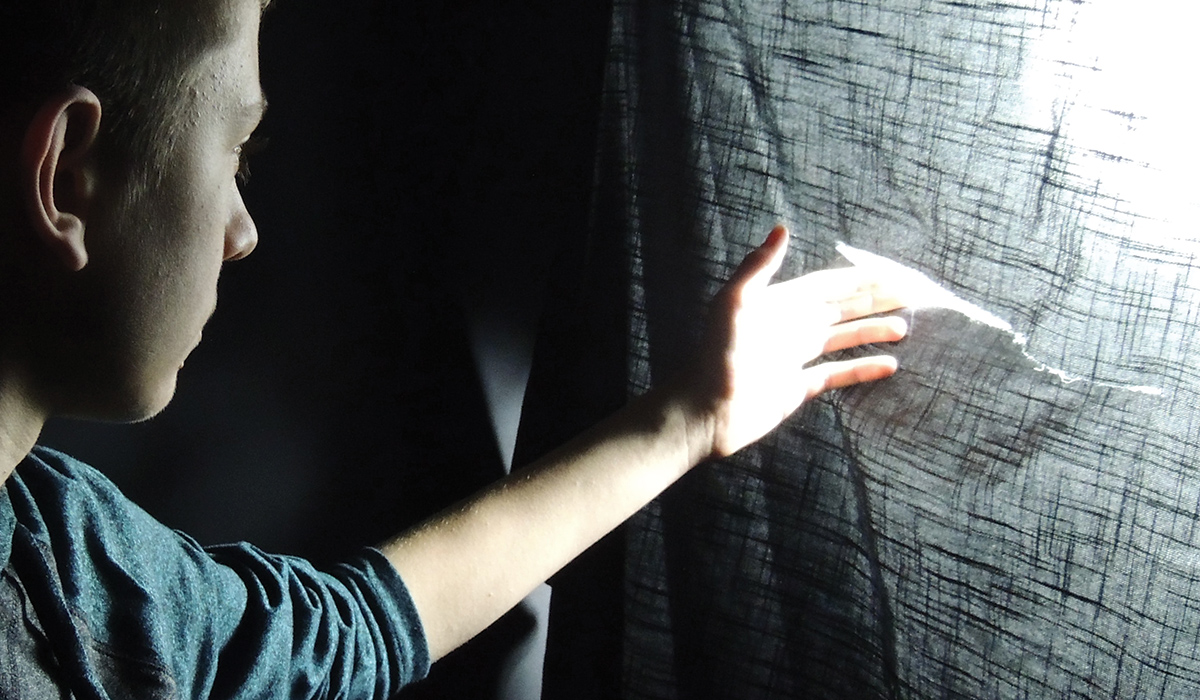Facing Failure, Part One

On this week’s podcast, Dan Allender launches a new series on a topic that cuts to the very quick of our being and identity: failure. No one can escape failure, and yet there is a need for a better way to address our failures. Using a personal story, Dan navigates the initial feelings of failure, what’s involved in most of our failures, and what comes as a result.
“Failure isn’t just an entity, it feels like a presence, virtually like a person. It feels like something has the power to take away our heart and our life and our joy – whether those are small or catastrophic failures.”
To provide context for what prompted him to address failure, Dan recounts a story about an experience he had this summer. He recently purchased a GoPro with the intent of filming a few vlogs while on a fishing trip with a good friend, Steve Call. He played with the camera, studied the manual, experimented with lighting, and shot a lot of practice footage. As a culmination, Dan shot four segments of interviews with Steve. When he uploaded the footage to his computer, however, the interview segments were gone. In the moment Dan noticed how he was handling the failure, and how it felt like an acrid, bitter taste in his mouth and something he would revisit again and again.
“And so what I find with this very, on one level, noncatastrophic issue . . . but, on the other hand, whether it be a very large or small failure, it does feel like a rip in the fabric, it feels like a spot on your favorite good shirts, it’s just something that eats away at us.”
Dan notes that we need categories to address the issue of failure. When we don’t have thoughtful categories, failure ends up undermining ourselves and spreads rapidly to other areas of our lives. In order to do so, Dan asks the questions: What’s involved in most of our failures, and what comes as a result of those failures?
“I don’t think failure comes without some sense of a dream or desire being present. In other words, if we don’t care, if we don’t have any regard for ourselves and others or how we look or how we manage our time […] then failure becomes an issue that others have to suffer with regard to us, something we don’t have to manage, address, name, or engage. But the moment we do care, the moment desire and dreams are at play with regard to ourselves and how we engage ourselves, our world, and others, there is going to be a fundamental ‘missing the mark.’”
Relating back to his GoPro, Dan connects his desire to record his conversations with his friend and to invite people into his work and life in a fun, creative way to a dream that ends up being thwarted.
“What we’re putting words to is the fact that dreams and desire create the context for disruption, and disruption is very core to the experience of failure. Unless there is disruption, most of the time our failures pass pretty quickly without any consciousness, let alone any concern. In other words, in our own private moment of forgetting something, unless it has consequences for us and for others, it generally doesn’t even amount to the word failure.”
It’s in the moment that dreams and desires move into disruption that we experience loss. Dan notes his example is relatively small in comparison to others such as the loss of a job, friendship, or on a different level, the failure of a marriage. Nonetheless, he’s left with a sense of disappointment in himself and in a perpetual cycle of regret and worry. He recognizes a need to establish oneself outside of this cycle so as not to be drawn back into the midst of our own judgment against ourselves.
Dan emphasizes that no one can escape failure and no one has the ability to have perfect judgment regarding an event or situation. In our failure we either go over the event many times in our minds, digging a deep hole for ourselves, or we turn to culture’s approach to failure which is to ‘just forget about it.’ When we ignore or minimize our failure, however, we never come through the failure to address the issue.
To close, Dan calls for a better way to be in our failure than what he terms indulgent perseveration or an attitude of cynicism. We must not resolve our failures to the point where we harden our hearts in a way in which we no longer profit from our failures.
“So our task over these next several podcasts is to ask the question: how do we flourish in the face of failure? How do we grow, how do we profit so that, whether it be small or catastrophic, when we experience any form of loss or injury or insult […] we move well into grace that allows us to bear a tenderness for our own failure, but also a deepened resolve to engage it in a way that the end is not so much ‘I won’t fail again,’ but somehow who I become in the midst of failure is even more lovely, even more honoring than who I was before.”
Resources:
- Dan mentions Steve Call’s book, Reconnect: Insights and Tools for Cultivating Meaningful Connection in your Marriage.
